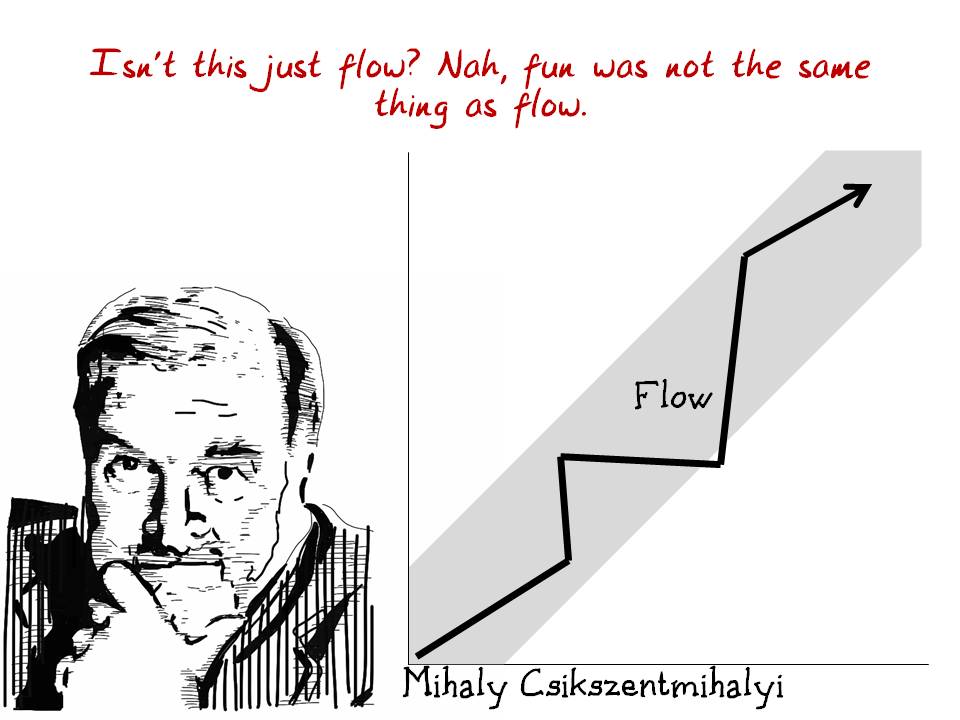
[ad_1]
This paper on “Mastering uncertainty: A predictive processing account of enjoying uncertain success in video game play” may be very price a learn if you’re within the frontiers of determining what “fun” is. Luckily for me, it doesn’t say I’ve been on the incorrect monitor for many years.
It does elevate attention-grabbing questions given its framework — I’d like to see slot machines defined — although there may be some stuff on have an effect on that doubtless ties in. It additionally teases out a few of why I’ve by no means felt snug with the “flow = fun” equation.
/

Another attention-grabbing intersection with different materials can be motivations (a la Bartle/Quantic Foundry) and private goal-setting. Players DO grind, in any case, as they optimize, and tho the paper mentions individuals don’t get caught in “popping bubble wrap,” they do for lots longer than one would anticipate.
For me the reply to that ties again to the lemma/heuristic mannequin of pruning chance that’s often mentioned within the context of “what is game depth.” I’ve come to see ahead technique and notion of depth as being about indeterminacy and a way of “victory parity” tilting backwards and forwards as we venture. There’s one thing to tease out in that plus motivations plus this paper that could possibly be helpful in interested by methods to assemble sport metas specifically.
Anyway, I encourage the learn. It ties properly to different work corresponding to OpenAI’s RND.
One of the niftiest elements of my profession has been seeing items of my work flip up as constructing blocks for others (corresponding to AI programs attempting to mathematically implement Theory of Fun). Always feels good when your stuff is constructed on. Nothing will get to remain on the pinnacle for very lengthy, however attending to be a bit of basis is a reasonably cool and loads higher than the choice.
Dan Cook additionally has ideas on this paper which might be price a learn, and open but extra rabbit holes to discover.
Related
[ad_2]
